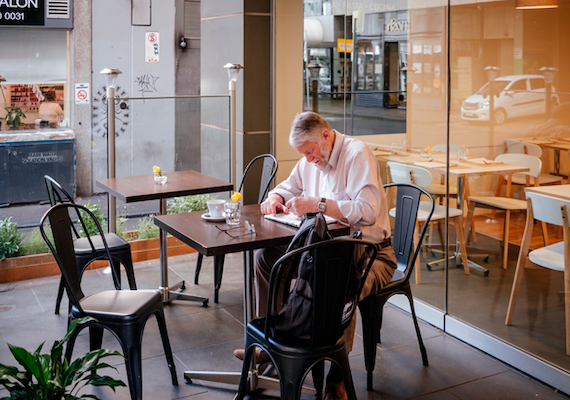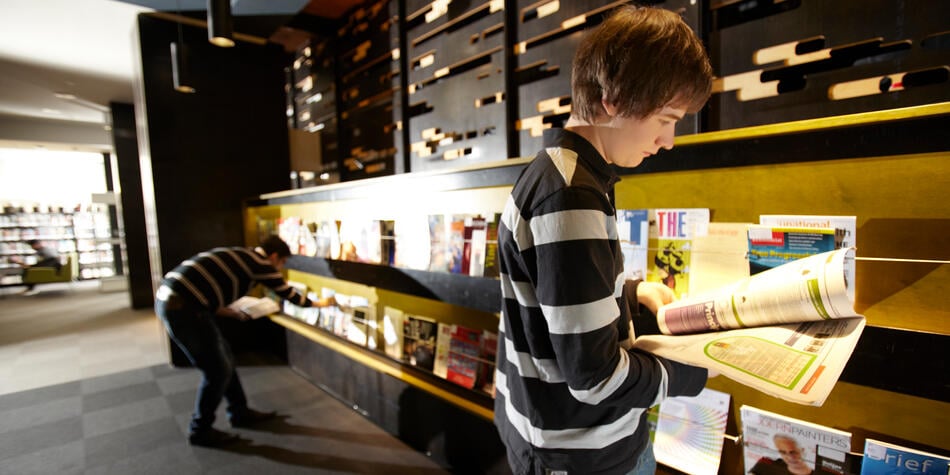The ABC partnership follows the extensive work and report developed by Deakin and Country Press Australia (CPA) over more than a decade of partnership.
In 2018-2022, Professor Hess led a key ARC-funded project that involved a national survey of 4000 local news readers, the largest of its kind in Australia. This research produced a blueprint for sustaining local news and ensuring regional voices are heard in future media discussions, culminating in 22 key recommendations for policymakers.
The final ‘Media innovation and the civic future of Australia's country press’ 2023 report found that audiences value original, locally focused content but are frustrated by excessive syndicated material and multinational advertising. It also confirmed that print remains essential for rural communities and called for more targeted government subsidies for small news outlets. The study further emphasised the need for clearer definitions of ‘local’ in news provision and greater collaboration among regional providers.
Bruce Morgan, CPA’s former Executive Officer, says the tabling of the CPA-Deakin research project was a highly significant event.
‘It is a beginning, not an end; a launching pad, if you like, for what will be the new model of community-based journalism, where publishing in regional and rural communities is very much still a business but also a critical part of their fabric,’ he says.
‘This research report now provides an academically tested framework from which policymakers can better understand the importance of community journalism, and act accordingly.’
The research has since had a strong influence on government and media policy and continues to inform more than 174 local newspaper operations across Australia.
For more information about this project, contact Professor Kristy Hess.


